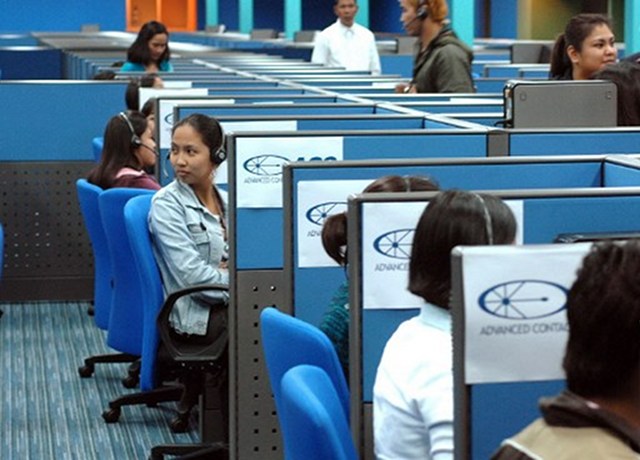SUMMARY
This is AI generated summarization, which may have errors. For context, always refer to the full article.

MANILA, Philippines – With 1.3 million people employed in the business process outsourcing (BPO) industry, the Philippines is seeing a quickly growing affluent middle class. With new money, this boost in purchasing power is something retailers look out for.
But who exactly is the BPO consumer?
According to Stuart Jamieson, Nielsen Philippines managing director, the typical BPO consumer is male and a college graduate aged 24 to 29.
Their biggest habit to note is that 70% to 80% of BPO workers work between 10 p.m. and 6 a.m.
“They alter their lifestyles, purchasing and consumption habits to fit [their work hours],” said Jamieson during the Franchise Asia Philippines conference on July 17.
Target markets
There are a number of industries taking note of the lifestyle and consuming habits of the BPO consumer market.
“Because they’re better paid and better educated, BPO consumers are more likely to be on the Internet and reading magazines. They are more likely to be on gadgets. They hang out at fast food outlets. Because of their office hours they are more likely to stop at a fastfood outlet before and after work,” said Jamieson.
“The average income for the middle class is growing so people want to buy more quality products. Retailers need to look at product optimization in outlets to ensure you give your consumers more choice,” he added.
Convenience stores
According to Jamieson, convenience stores consider the BPO workers their biggest market. More than 60% dropped by the convenience stores in the last 6 months.
“Everywhere there’s a BPO center, there’s a convenience store,” he said.
Read:
7-Eleven PH targets 1,000 stores by end-2013
Ayala, Rustans, Japanese firms in convenience store deal
The most products sold among BPO workers are energy drinks, fruit juices, alcohol, headache tablets, chocolates and hard candy.
BPO workers are twice more likely to drink alcohol than the average person, according to Nielsen statistics.
According to Jamieson, the booming BPO industry is providing a lot of jobs not only in Manila but in the provinces as well.
“There is new wealth which is spreading across the Philippines and that is what is going to drive the new store openings,” said Jamieson. – Rappler.com
Add a comment
How does this make you feel?
There are no comments yet. Add your comment to start the conversation.